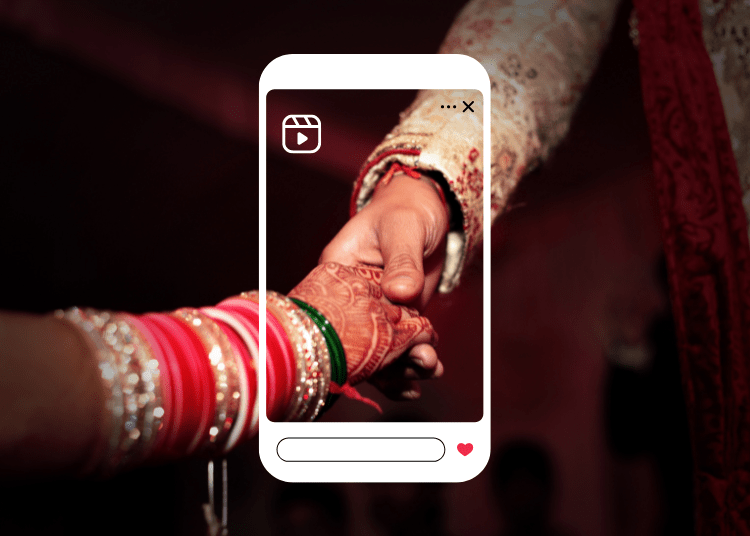Long before Apple and Google took over the market, Blackberry was considered as the ultimate smartphone. Among the business users, Blackberry was always the trusted handset. Back in 2006, neither Apple nor Google had established relationships with carriers. And neither had the best text-input method ever devised for a pocketable device. BlackBerry did.

A decade ago, Blackberry topped the list in terms of the best cellular manufacturer. But what led to the demise and fallout of such a successful brand?
At the time of the iPhone and Android’s arrival, the whole mobile industry was on the precipice of moving to bigger touchscreen displays. That was the destination that technology was evolving toward, and it was a trend that Apple jumped on with perfect timing, and later companies like HTC and Samsung exploited to the fullest.
While all the evolution was happening on the Android front, BlackBerry was more concerned with protecting what it already had instead of conquering new lands. It’s understandable. The majority of big businesses and government organizations relied on BlackBerry’s superb security, reliable email, and utilitarian functionality to keep their workers productive on the move.
It’s hard to argue that BlackBerry should have thrown away all the goodwill and loyalty it had accrued with customers and thrown itself into the large-screen smartphone race.
It’s just that the mobile industry went through a uniquely transformative period of rapid evolution at a time when BlackBerry was best served by making iterative improvements
Also, BlackBerry exhibited hubris with disturbing regularity. It launched the PlayBook tablet without an email client on board. It insisted, along with Adobe, that Flash would be the future of rich mobile content, and it delayed the release of a spec-competitive smartphone until it had a chip powerful enough to handle the requirements of Flash. BlackBerry believed people would wait for its superior product or would put up with limitations.
Rest as we know is that Blackberry was easily sidelined by the other newbies in the market, Apple and Google.
BB now has a new plan for itself. It plans to stop making its own phones as the struggling company continues to focus on its software and security products. This is far from the end of BlackBerry devices, the production of which will be outsourced to third-party manufacturers.
Blackberries demise has served as an example to all the other tech giants. Change with time always, keep upgrading, and never be overconfident that no-one can replace you. Because apparently, someone easily can.
















